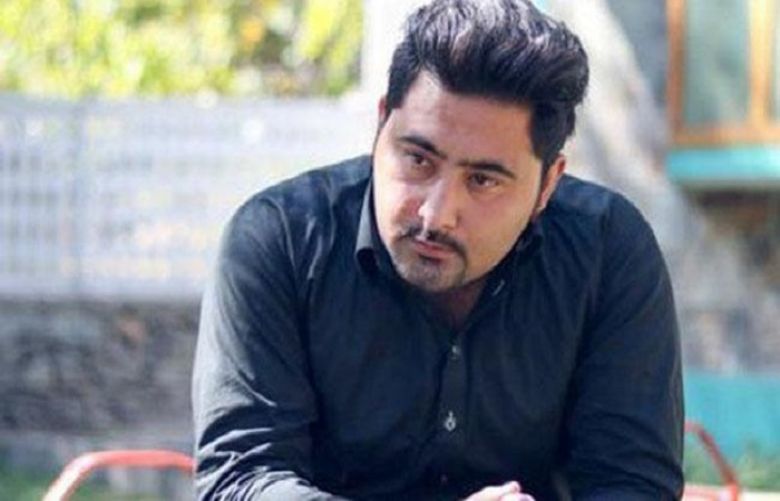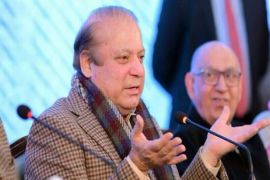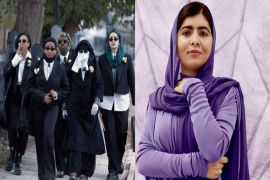Supreme Court on Tuesday has disposed of suo moto notice of lynching of Abdul Wali Khan University’s student Mashal Khan after trial court sentenced the suspects.
A three-member bench headed by Chief Justice of Pakistan (CJP) Mian Saqib Nisar heard the case during which Khyber Pakhtunkhwa (KP) additional advocate general told the court that the suspects have been given punishments.
The provincial government has also filed a plea against acquittal of other suspects, he added.
The CJP said that there is no need to carry on with the suo moto case as the convicts have been announced with sentences, therefore, he dismissed the case.
On February 8, the anti-terrorism court (ATC) in Haripur had sentenced accused Imran to death and five others to 25 years in jail.
ATC Jugde Fazal Khan Subhan read out the verdicts against each of the 57 men accused in the case one-by-one. Tight security arrangements were in place due to the sensitivity of the case, with roads leading to the Haripur Central jail being closed.
The court had also sentenced 25 accused for four years in prison each and acquitted 26 people in the case.
Mashal Khan, a mass communication student at Mardan’s Abdul Wali Khan University, was lynched to death by a mob of angry students on 13th April last year over rumors that he and his friends committed blasphemy.
After Mashal’s murder, Supreme Court of Pakistan’s chief justice took notice and ordered a judicial inquiry.For this purpose, a joint investigation team was formed to investigate what led to the gruesome murder.
The JIT report had revealed that the lynching Mashal who was falsely accused of blasphemy was organized by other students from his own secular political group who viewed him as a rival and faculty members who resented his criticism of the university.
The report also revealed that officials from the university administration were also involved in his murder. The report also stated that there were no solid proofs found about blasphemy committed by Mashal and his friends.
The brutality of the attack, recorded on a mobile phone camera, had shocked the public and led to widespread condemnation, including from prominent clerics.







